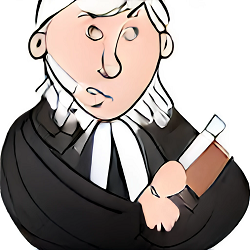
Yes, but not easily. In the United States, the patentability is determined by the U.S. Patent and Trademark Office (USPTO). To be patentable, an invention must be novel, non-obvious, and useful. In this case, novelty and non-obviousness can be difficult to demonstrate. This is because many machine learning algorithms are based on existing techniques and can be seen as an obvious extension of prior art. Additionally, it can be challenging to prove that the invention is useful, as machine learning algorithms are often used in a variety of contexts and applications.
Combining the algorithm with other technology or to demonstrate its use in a specific application can overcome these challenges. For example, a machine learning algorithm that is used in a specific medical device or for a specific industry may be more likely to be patented. Another strategy is to patent the specific implementation of the algorithm, for example, by patenting the computer code that implements the algorithm. Consult a patent attorney with experience in machine learning patents to guide the process and develop a strategy for making the application is as strong as possible.
Note: that patent protection is territorial, which means that a patent issued in one country doesn't necessarily protect the invention in other countries.
Resources
-
The United States Patent and Trademark Office (USPTO) website provides information on the patent process and requirements, including information on the patentability of computer-implemented inventions such as machine learning algorithms. https://www.uspto.gov/
-
The World Intellectual Property Organization (WIPO) provides information on patent protection for software and computer-implemented inventions, including machine learning algorithms, in different countries. https://www.wipo.int/
-
The European Patent Office (EPO) provides information on the patentability of computer-implemented inventions, including machine learning algorithms, in Europe. https://www.epo.org/
-
The IEEE Spectrum provides a good summary of the patentability of machine learning algorithms and the challenges to patent them. https://spectrum.ieee.org/computing/software/can-you-patent-a-machine-learning-algorithm
In addition to consulting any of these resources, it's always advisable to consult with a lawyer.
